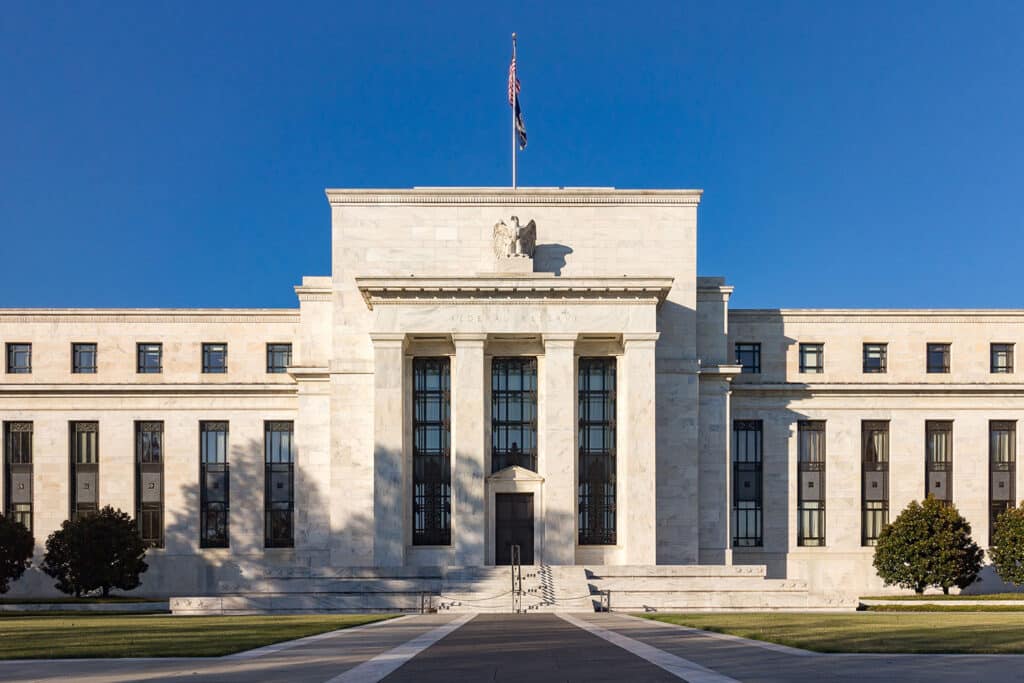
Cheap Debt
WRITTEN By Daniel Hilpert, Managing Director, Equicap
Asset prices including housing and commercial real estate greatly benefit from low interest rates. The past two decades have seen a steep decline in government bond yields and persistently low inflation driven by central bank’s risk management policies (buying and holding vast amounts of bonds and other assets), demographic trends and technological advances. Put aside hedonic pricing and the fact that there are two tales of inflation (we will leave this for another day), systemically low rates are here to stay.
Are there longer-term consequences for a financial system built on (effectively) negative interest rates? While for some, the path of global monetary policy remains the biggest driver of investment performance, it is my belief that central banks don’t drive the economy anymore. The Federal Reserve is stuck in a box where it cannot either tighten or ease monetary policy. There is no question that boom-and-bust cycles since the post-second world war period have become less pronounced. The economy and global growth are more susceptible to political shocks, sector-specific challenges and financial bubbles as a result of financial liberalization.
We have seen the 10-year treasury yield trade in a narrow band between 1.40% and 1.80% for the last 6 months. I believe this trend will continue throughout 2020. Commercial real estate rates are driven by many factors. Clients are always surprised that Treasury yields and bank rates do not move in tandem. There is a plethora of players in the lending space. Every capital provider has a different cost of capital. Some lenders price rates floating over an index with the rate floating until the day of the closing, others fix the rate at the time of the issuance of a term sheet. Some of the super-regional banks enter into a swap agreement (forward swaps are the exception).
In the private lending space, we have seen compressed spreads and pressure on profit margins. Most private lenders’ rates have been constant for the last 3 years during a period which experienced Prime peaking at 5.50% in the first half of 2019, then declining 75 bsp in the latter half of 2019. Most private equity real estate funds price over Prime. Too much capital is chasing few good deals.
Equicap is a real estate investment banking intermediary firm arranging debt and equity for commercial real estate owners and developers. Email Daniel at dhilpert@m-equicap.com or call at 917-586-8364.











